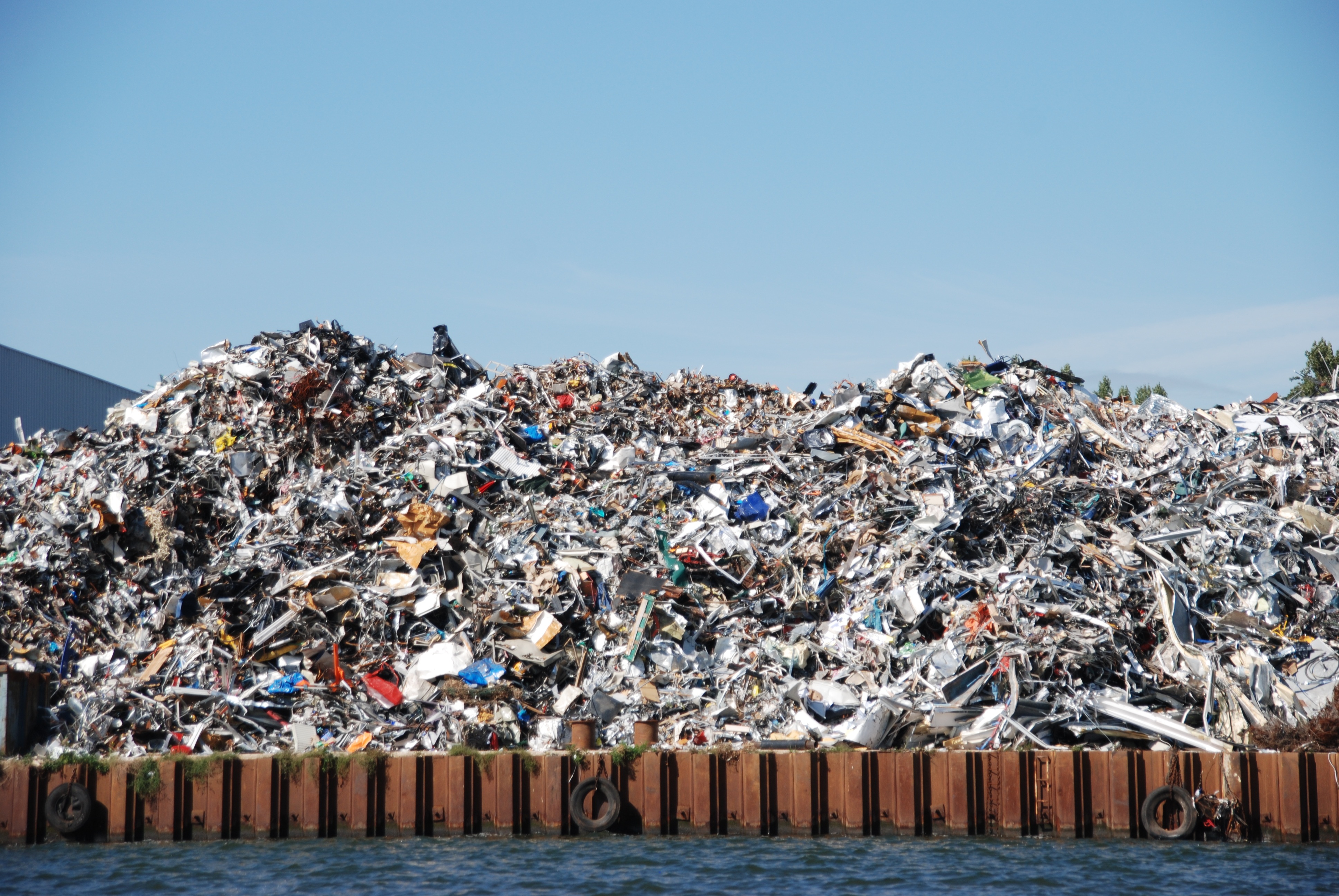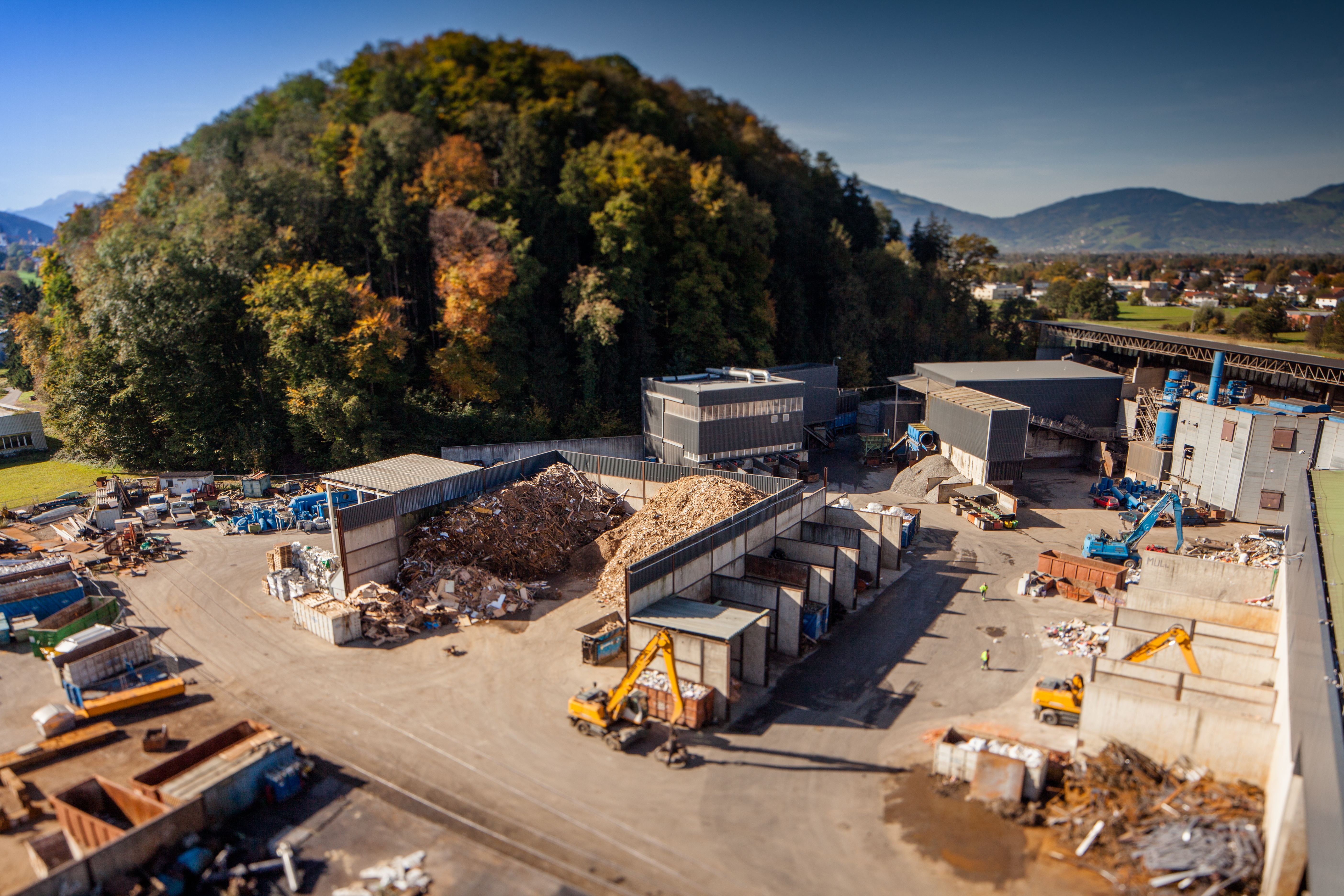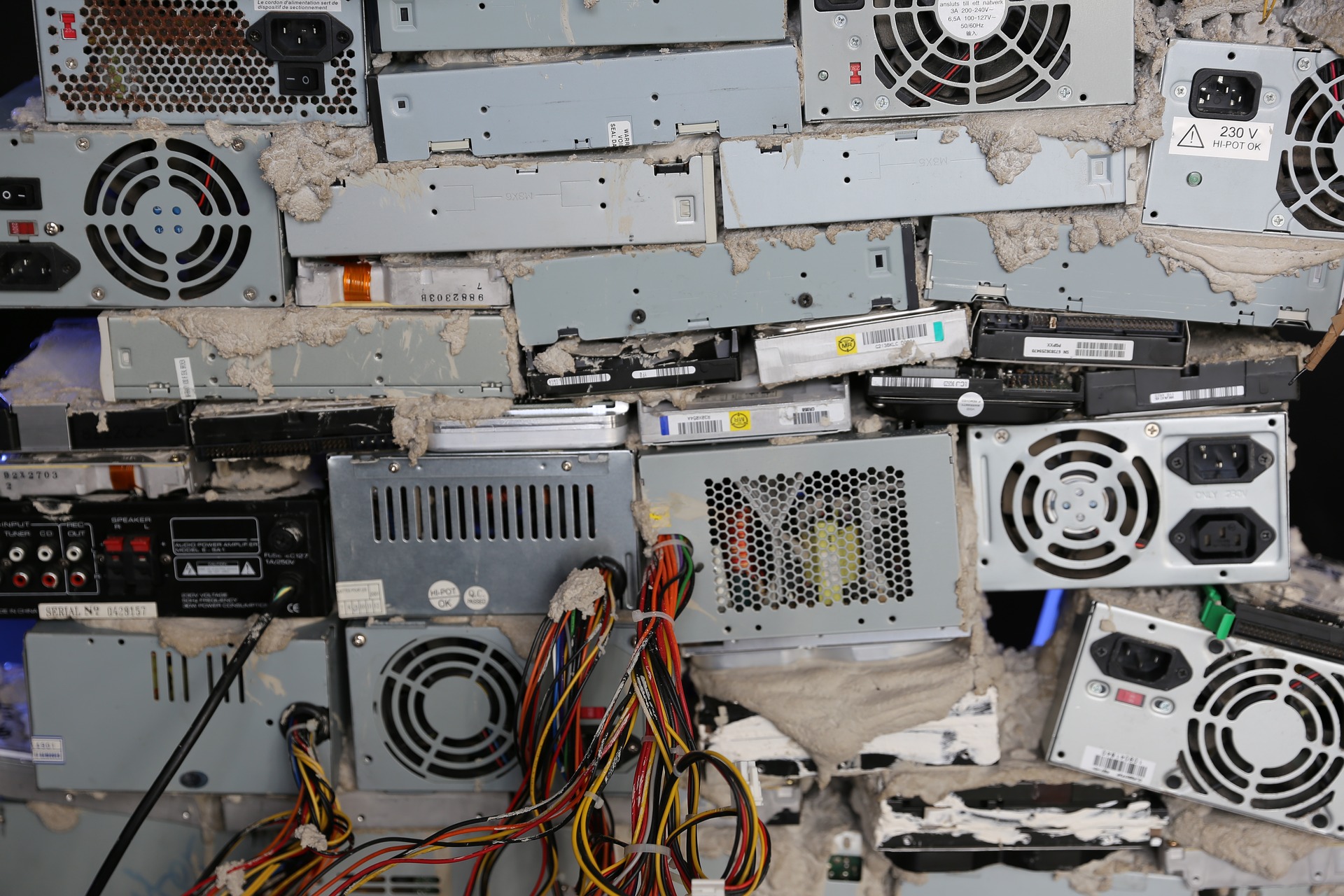

Scaling up UNIDO's e-waste management cooperation
12 March 2018 Daniel CHANG

According to the International Communications Union, the amount of e-waste generated in 2016 was enough to build almost 4,500 Eiffel towers: by weight it totaled 44.7 million metric tons of old computers, televisions, fridges, mobile phones, and other appliances.
Waste electrical and electronic equipment (WEEE), also known as e-waste, is the fastest growing waste stream in the world. It is expected to reach 52.2 million metric tons by 2021, enough to build another 1000 Eiffel towers.
The proper disposal and recycling of the increasing amount of e-waste needs to be addressed, not only because of the environmental and health challenges, but also because of the economic opportunities.
E-waste contains high value resources, precious metals such as gold, silver, palladium and platinum, as well as high value plastics which make resource recovery and recycling activities attractive from an economic and business perspective.
The total value of all raw materials present in e-waste is estimated at approximately 55 billion Euros in 2016, which is more than the Gross Domestic Product of most countries in the world. Based on e-waste recycling value chains, it is important to construct environmentally friendly societies and to achieve economic sustainability.
UNIDO works with governments and with the private sector to encourage industry to ‘design for recycling’. Promoting sustainable solutions that eliminates the concept of waste and transforms it into an opportunity, into resources for sustainable production.
For WEEE this would mean collecting, dismantling, processing and recycling its components in order to close its life cycle loop by sending the materials back into the industrial value chain. Engaging manufacturers in the repurposing of materials – reducing waste and integrating ‘end-of- life’ planning at design stage is also important.


UNIDO´s approach: from national to regional
Since 2008 UNIDO has been advising governments on legal frameworks and identifying financial options to sustain the recycling system, taking all stakeholders and stages of the e-waste recycling chain into account.
UNIDO´s e-waste programme has been implemented in countries such as Uganda, Ethiopia, Vietnam or Cambodia using funds from the Global Environment Facility (GEF) and partnering with companies like Dell or Microsoft.
The aim is to promote activities that both prevent and manage e-waste whilst simultaneously providing the countries with the technical, legal and administrative capacity to handle e-waste in a socially and environmentally sound manner that protects the health and the environment.
After successfully implementing national projects, UNIDO has now scaled-up its e-waste programme to a regional level, in order to address intra-regional challenges, for example in the Latin American Region within the framework of Circular Economy and to comply with the Stockholm Convention and other relevant agreements.
This GEF-funded project entitled, “Strengthening of National Initiatives and Enhancement of Regional Cooperation for the Environmentally Sound Management of POPs in Waste of Electronic or Electrical Equipment (WEEE) in Latin American Countries” (GEF 5554) will be implemented in Argentina, Bolivia, Chile, Costa Rica, Ecuador, El Salvador, Guatemala, Honduras, Nicaragua, Panama, Peru, Uruguay and Venezuela.
Referring to the scaling up UNIDO´s e-waste management cooperation, UNIDO Project Manager Alfredo Cueva states “Developing regional solutions is nowadays a must in Latin America because the size of the recycling markets is very small in some countries. Linking national collection and pre-processing operations with regional advanced recycling and disposal infrastructures makes economic and business sense. In addition, applying similar standards through the region may help deter illegal trans-boundary movements of hazardous wastes.”
The project will assist these 13 countries both technically and financially, advising on policies, business plans, legislation, technology, and awareness-raising. It is also envisaged that a Circular Economy approach will support national industries that provide recycling services and significant numbers of direct decent jobs and work opportunities, while protecting the environment from hazardous chemicals and emissions, recovering raw materials and providing affordable refurbished products.
The project inception workshop and steering committee meetings will take place from 18-23, March 2018 in Quito, Ecuador.